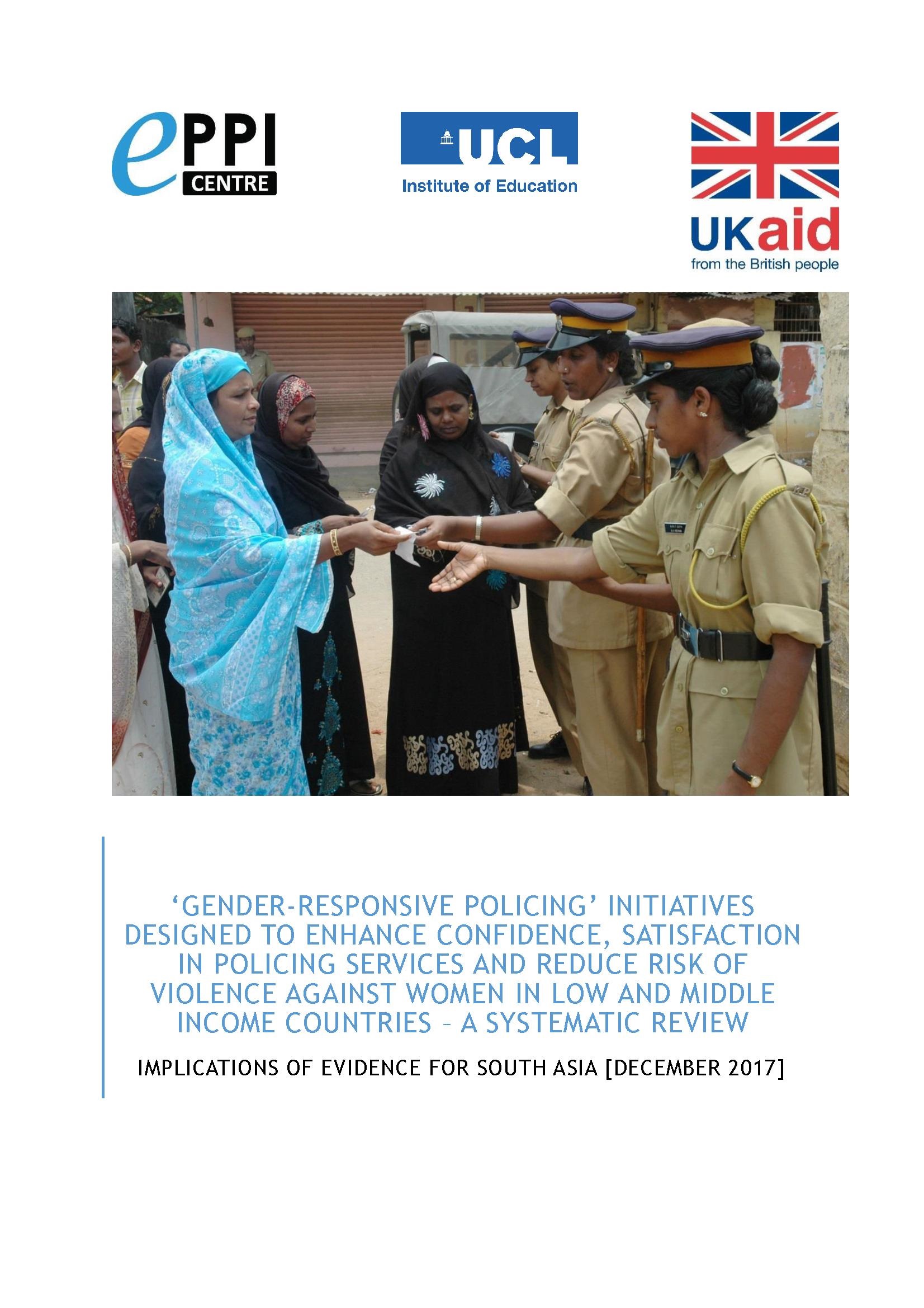This contextualization document is designed to present findings of the review in the context of the South Asian region and specifically for Pakistan. Contextualization, broadly, is a process of assessing the feasibility and generalizability of the synthesized evidence to a specific context. However, due to lack of evidence on the effectiveness of GRP interventions, the document discusses the feasibility of different GRP intervention for South Asia and Pakistan. This document also presents our approach to contextualize the current evidence coming mainly from the evaluation of different GRP programs. Since most of the reviewed literature is from South Asia (and some from Africa), the findings of the review are applicable to the South Asian context.
All the studied interventions seem to be applicable for implementation in South Asia and Pakistan. However, the larger issue is about effective implementation of these interventions as there appear to be several implementation challenges. Incorporating components of different interventions in a program could be useful. Gender sensitization training should be part of any GRP intervention. Implementing the interventions that can increase community participation (such as community sensitization about gender based violence, increasing community-police interactions through meetings, home visits etc.) seems to be effective in the South Asian context as it is helpful in gaining the community’s trust in policing which is largely lacking in the region. Women Police Stations are also found to be effective with proper training of women police personnel. In Pakistan, addressing gender related socio-cultural and religious factors are important for effective GRP interventions. Increasing the role of trained women in policing seems an important component for dealing with VAW. Attitudinal change training and involvement of community in policing services are important to increase gender responsiveness and accountability in policing services.


